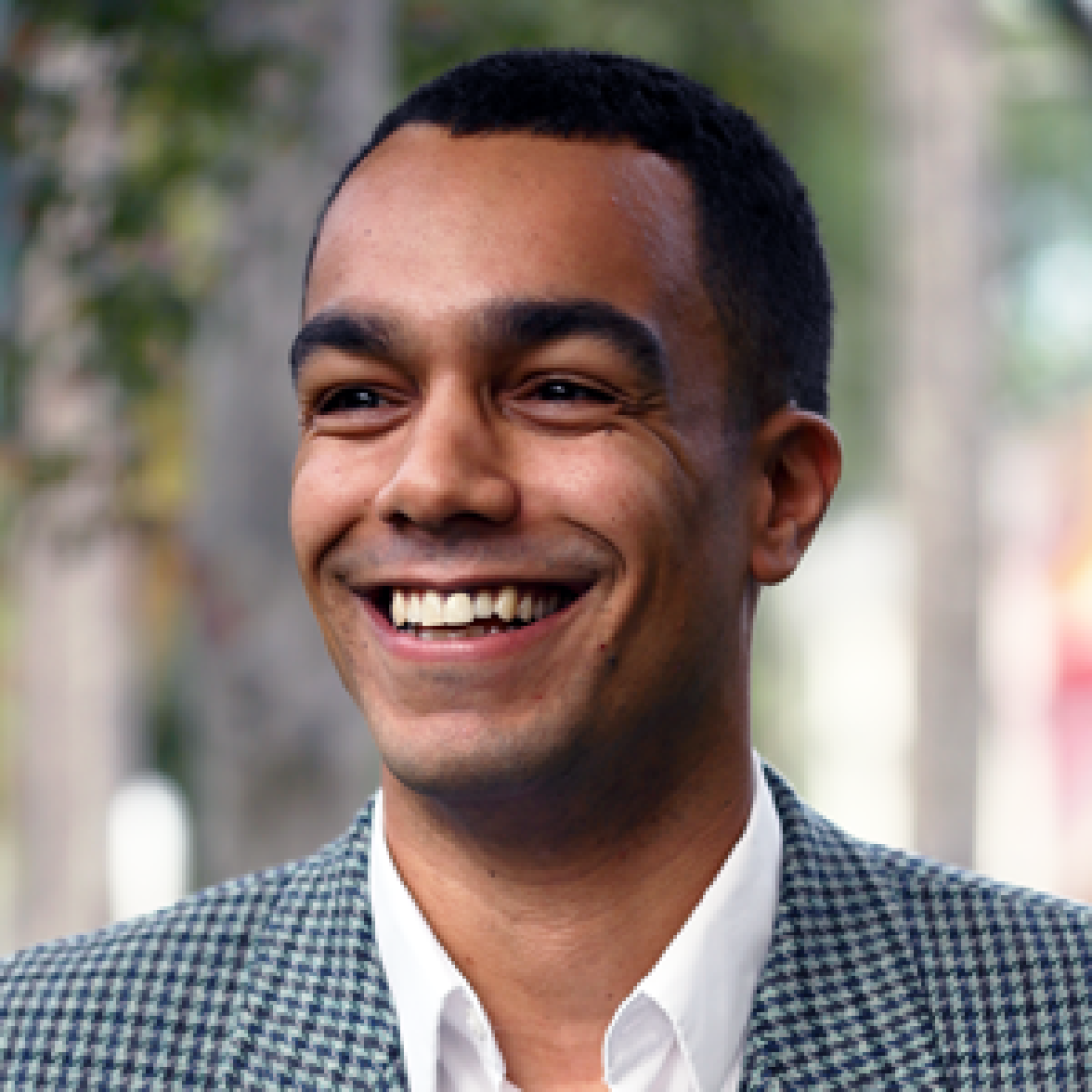Critical International Law Speaker Series
The aim is to invite leading Critical International Law scholars to Maastricht and discuss and debate cutting-edge questions in the theory of international law. Critical International Law has been indispensable in bringing contemporary questions on the relationship between international law and issues such as global justice, the legacy of colonialism, post-colonial globalisation, race, gender, the position of the Global South and the realignment of the global order to the attention of mainstream international legal scholars. The goal of the speaker series is to spark deep critical thinking on these questions.
Dr Carl E. Lewis
Title: Litigation in the Universal Interest
Dr Carl E. Lewis is a researcher in International Law at the T.M.C. Asser Institute, The Hague, currently focusing on Public International Law, International Human Rights Law (especially issues raised by Neurotechnological advancements) and international adjudication.

Abstract
Contemporary invocations of the ‘international community’ are looked upon with suspicion, especially amongst critical legal scholars. Nevertheless, international courts such as the International Court of Justice (ICJ) and European Court of Human Rights (ECtHR) have recently been called to clarify what norms ought to be considered as being owed to the international community, and who has standing to invoke a state’s responsibility for their breach. This paper explores how a universalistic sense of international community has been engaged within the contemporary jurisprudence of the ICJ and ECtHR, in an effort to uncover how, if at all, their practice may further inform our understanding of the limits faced by those seeking to harvest the transformative potential of international law. Specifically, it embarks on a doctrinal analysis of the concept of obligations erga omnes norms, as raised within the jurisprudence of the ICJ, and the ECtHR’s restrictive approach to extraterritorial jurisdiction, to ultimately show that a key issue, irrespective of the Courts’ differences, is the role that procedure plays in limiting the part international dispute settlement bodies can play in the pursuit of radical change.
Also read
-
IGIR Expert Lecture Series
Trump & trade wars, Europe between Scylla & Charybdis By John Clarke (former EU Chief Agriculture Negotiator and former Head of the EU Delegation to the WTO and UN in Geneva)31 Dec -
Master’s Open Day
We hope to welcome you on campus at our next Master's Open Day and give you a good impression of what studying at Maastricht University is all about.28 Feb -
European Administrative Law Dialogues
These online discussions seek to set the scene for further exchange about the intellectual, conceptual, social, legal and practical interactions between comparative administrative law in Europe and European administrative law. The European Administrative Law Dialogues are strongly anchored in practical...1 Jul31 Dec